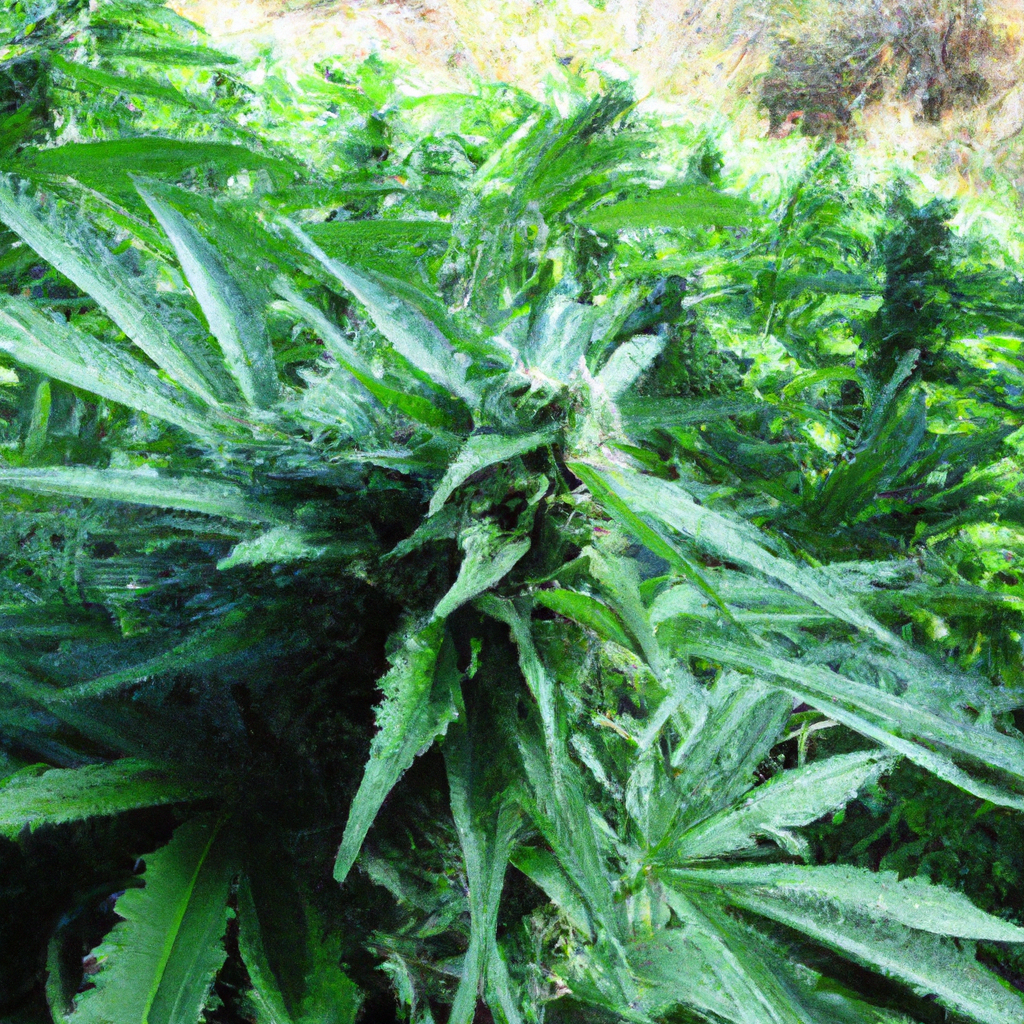Your cart is currently empty!
Organic cannabis cultivation has gained significant attention due to its focus on sustainability and its benefits to both the consumer and the environment. By adopting organic practices, growers can cultivate cannabis that is free of synthetic chemicals while enhancing soil health. This article explores the best practices for organic cannabis cultivation, including the use of natural fertilizers, composting, and eco-friendly pest control.
Building a Healthy Soil Ecosystem
Healthy soil is the cornerstone of successful organic cannabis cultivation. Building a rich soil ecosystem involves nurturing the micro and macro life forms that thrive within it. Here are key practices:
- Composting: Use kitchen scraps, leaves, and grass clippings to create a nutrient-rich compost. This not only enriches the soil but also reduces waste.
- Cover Crops: Plant cover crops like clover or alfalfa to protect soil, add nitrogen, and promote biodiversity.
- Mulching: Apply mulch to retain moisture, regulate soil temperature, and suppress weeds.
Utilizing Natural Fertilizers
Opt for natural fertilizers to feed cannabis plants without resorting to synthetic chemicals. Natural fertilizers enhance soil fertility and encourage biological activity.
- Bone Meal and Blood Meal: These add phosphorus and nitrogen, essential for plant growth.
- Seaweed and Fish Emulsions: Provide a broad spectrum of nutrients beneficial for healthy plant development.
- Worm Castings: Improve soil structure and nutrient retention while adding beneficial microbes.
Eco-Friendly Pest Control
Maintaining a balance with nature is vital for avoiding pest infestations. Organic cannabis growers can employ natural pest control methods to keep plants healthy:
- Beneficial Insects: Use ladybugs and predatory mites, which naturally prey on harmful pests.
- Neem Oil: A natural pesticide that repels aphids, spider mites, and more without harming plants.
- Companion Planting: Planting aromatic herbs like basil and mint can deter pests with their scents and attract beneficial insects.
The Benefits of Going Organic
Organic cannabis cultivation yields numerous advantages not only for the environment but also for the end consumers:
- Environmental Impact: Reduces pollution and conserves local biodiversity by avoiding chemical runoff and fostering a thriving ecosystem.
- Consumer Safety: Provides cannabis devoid of harmful residues, ensuring higher safety and purity.
- Sustainability: Encourages sustainable farming practices that conserve resources and promote long-term agricultural stability.
Conclusion
Embracing organic cannabis cultivation practices is a step towards a more sustainable and healthier future. By optimizing soil health, leveraging natural fertilizers, and utilizing eco-friendly pest control, growers can produce high-quality cannabis that is beneficial for consumers and kind to our planet.
Tags: Organic, Natural Cultivation, Sustainable Practices, CannabisCultivation
Discover more from Magic Clones
Subscribe to get the latest posts sent to your email.


Leave a Reply